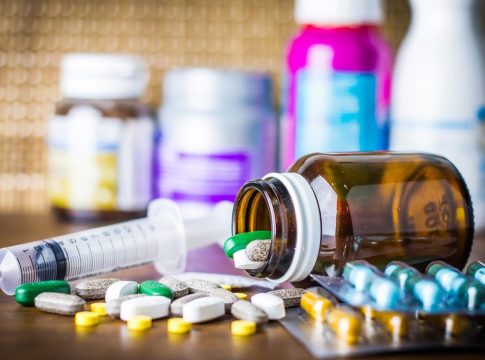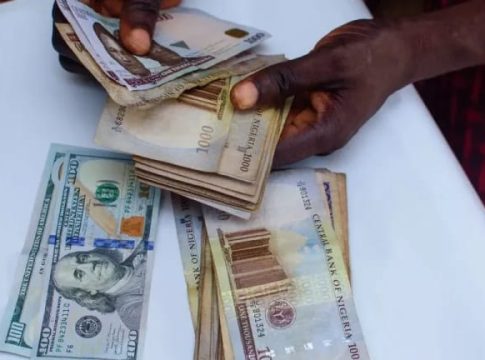Nigeria is currently grappling with an inflation-related surge in drug prices, which is notably impeding access to healthcare services for its citizens.
The increase in costs extends beyond essentials such as food and utilities, deeply affecting the pharmaceutical sector.
The recent Reports indicate that the prices for routine medications, including antimalarials, have experienced significant jumps between November 2023 and April 2024, with artesunate injections and common antimalarial brands being particularly affected.
The escalation in prices has led to a growing trend of Nigerians turning to potentially hazardous alternative medicines and cheaper options.
Contributing factors to this price surge include the national currency’s devaluation, inconsistent foreign exchange rates, and the heavy reliance on imports for active pharmaceutical ingredients and drugs themselves.
Speaking during an interview, the Medical expert, Dr Benjamin Olowojebutu, Chairman of the Lagos State chapter of the Nigerian Medical Association, has expressed concerns over the rise in consumption of cheap, counterfeit drugs, which can lead to dangerous health outcomes.
READ MORE: Liberia to Celebrate National Unification Day as President Boakai Declares Public Holiday
The Pharmaceutical Society of Nigeria, through its President Prof Cyril Usifoh, emphasizes the need for government interventions in terms of stable electricity, foreign exchange rates, and economic policies to address the problem sustainably.
In conclusion, Prof Muhammad Pate, the Coordinating Minister for Health and Social Welfare, reassured the public of the government’s dedication to strengthening the healthcare system amidst these challenges.




